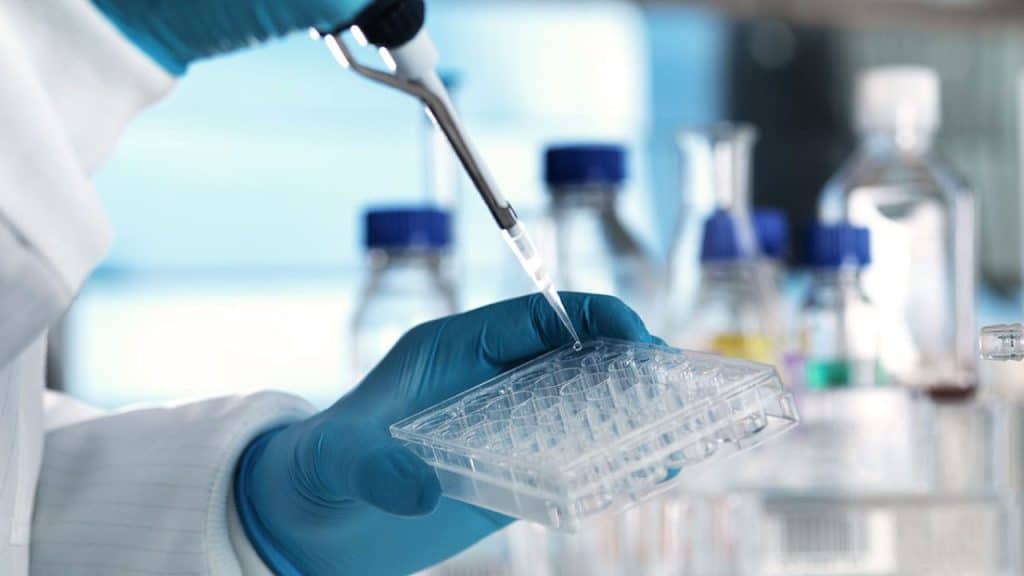So, you finally bit the bullet and took an epigenetic test to reveal your biological age. It told you a lot about your body and health. What should you do next? Can you find a way to lower that age score and improve your longevity? (https://longevity.technology/lifestyle/how-to-use-epigenetic-dna-tests-to-improve-your-biological-age-2/).
There’s no point in taking a test unless you’re going to do something with the results. Epigenetic testing is specifically about the relationship between your genes and your environment. How a gene expresses itself can change depending on external factors. Logically speaking, that means that while you can’t just remove a problematic gene, you may be able to mitigate any negative impact.
What are the factors that influence your genes, and therefore your epigenetic test? A lot of them are the things we associate with good health in general: a nutritionally balanced diet, plenty of exercise, good-quality sleep, avoiding harmful substances and environments, and managing stress.
You probably know some of this already. Carbs, preferably of the whole grain rather than the overly processed variety, but not too many. Protein for growth and repair. Vitamins and minerals, lots and lots of them, generally available from a wide range of fruits and vegetables. That will also help with fiber. Stay hydrated. Foods high in antioxidants and with anti-inflammatory properties are particularly useful when it comes to tackling aging. If you’re struggling, nutritional supplements may offer a boost.
As for exercise, that should also be mixed. Get your heart pumping with some aerobics, running, cycling or swimming. Build your strength with something like weightlifting. Work on flexibility with help from yoga or Pilates. The broader the spectrum, the more epigenetic markers you can influence.
Improved diet and exercise may improve your quality of sleep, but you should also work on your bedtime routine, particularly lighting and screen use. Sleeping better will help your stress levels, which will improve your sleep even more. Mindfulness can also be useful for stress management, as can connecting with your community and building healthy relationships. Sometimes, a visit to a doctor or mental health professional may be the best option.
We can’t stop you from aging completely, but we can slow the process down and maybe undo some specific health problems, which will hopefully mean you can enjoy your life for longer. Repeat your epigenetic test after 6 months to see if your results improve.




